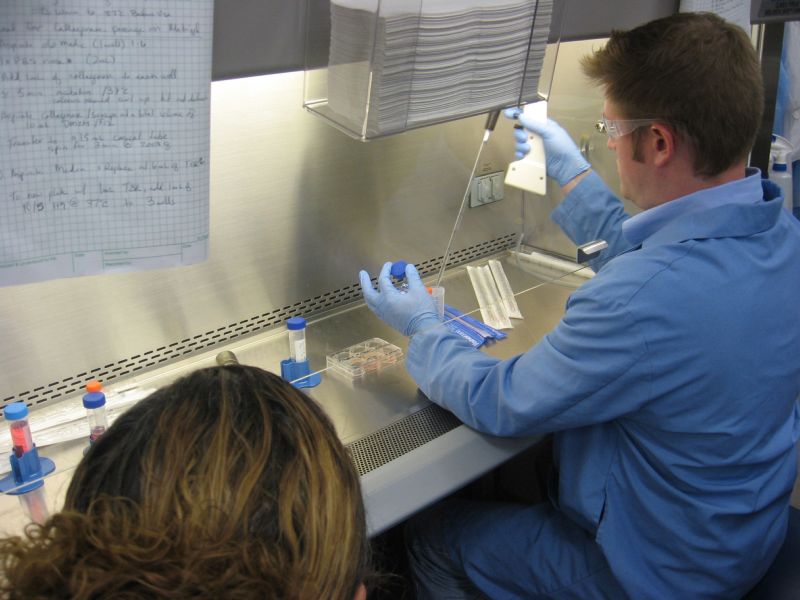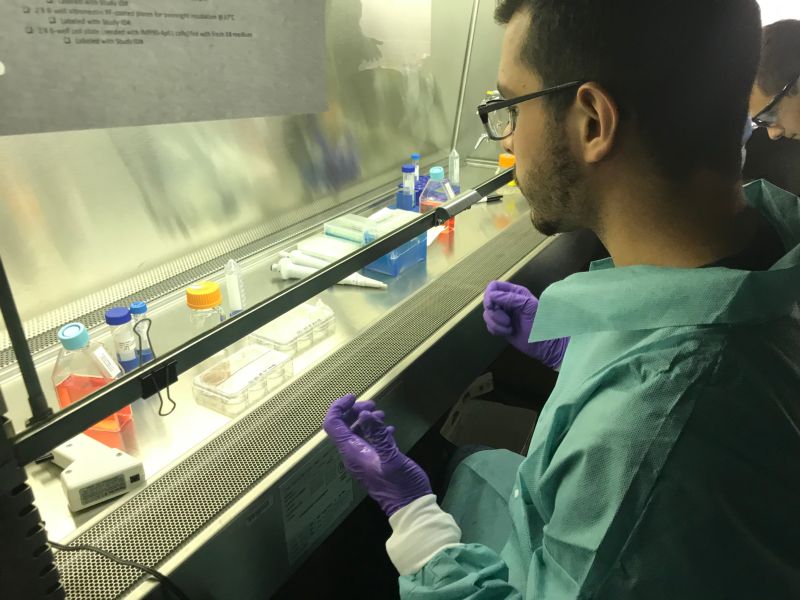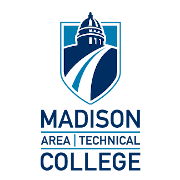Working groups identify challenges and strategies to meet emerging workforce needs in cell and tissue manufacturing. (Photo: Dr. Aaron Levine)
This project aims to coordinate a network of stakeholders that will promote economic growth through workforce development in Advanced Manufacturing of Cell and Tissue-based Products (AMCTP). AMCTP requires a new kind of manufacturing that uses robotics, microfluidics, 3-D printing, computational modeling, and novel types of engineering to construct biologically relevant products composed of living cells in combination with natural or synthetic materials. The field is built upon advances in stem cell biology, genome editing, synthetic biology, computational modeling, micro- and nano-fabrication, tissue engineering, and 3-D additive manufacturing. The products of AMCTP have the potential to extend our understanding of disorders and may provide effective methods for treating conditions such as Parkinson's disease, spinal cord injury, macular degeneration, diabetes, and heart disease. There are expanding career opportunities in this field, as well as unmet needs to develop a workforce that has the required skills. By creating a network of stakeholders from education, government, and industry, the goal of the Coordination Network is to develop a skilled, diverse workforce for AMCTP and inform the public about AMCTP.
This coordination network will use the experience, expertise, and perspectives of diverse stakeholders to unify efforts and scale up the progress in preparation of entry, middle-skill, and senior level career tracks in AMCTP. Madison area Technical College will work with stakeholders to ensure that project activities include principles of inclusion, equity, equality, and diversity. The lessons learned in this project have the potential to serve as a model for similar efforts in other emerging technology areas.


Stem Cell Technologies student generating human neural tissues in the BSL2 Laboratory. (Photo: Mr. Gustavo Velazquez)
The Consortium for Advanced Manufacturing of Cell and Tissue-Based Products is based
is based  at Madison Area Technical College (MATC). The college was founded in 1912 and is located in Madison, Wisconsin. MATC offers numerous associate degrees, technical diplomas, certificates, liberal arts transfer programs, and personal development classes.
at Madison Area Technical College (MATC). The college was founded in 1912 and is located in Madison, Wisconsin. MATC offers numerous associate degrees, technical diplomas, certificates, liberal arts transfer programs, and personal development classes.
This coordination network promotes STEM career pathways in advanced manufacturing of cell and tissue-based products (AMCTP).
Relying on a new kind of manufacturing, the process uses robotics, microfluidics, computational modeling, and engineering to construct biologically relevant products composed of living cells in combination with natural or synthetic materials. This cross-disciplinary field is built upon advancements in micro and nano-scale technologies, biotechnology, stem cell biology, genome editing, biofabrication, and tissue engineering. AMCTP products have the potential to treat medical conditions such as neurodegenerative diseases, heart diseases, and cancers.
To generate a highly-skilled, diverse workforce for AMCTP, the consortium is identifying AMCTP core competencies; disseminating information about workforce education options; and fostering sustainability with a structure for public-private partnerships.
The National Science Foundation's Advanced Technological Education (ATE) program has been funding innovation at two-year colleges for over twenty years. With a focus on the education of technicians for the high-technology fields that drive our nation's economy, and strong partnerships between academic institutions and industry, ATE promotes improvement in the education of science and engineering technicians at the undergraduate and secondary school levels.
To learn more about ATE, please visit the NSF ATE program home page.